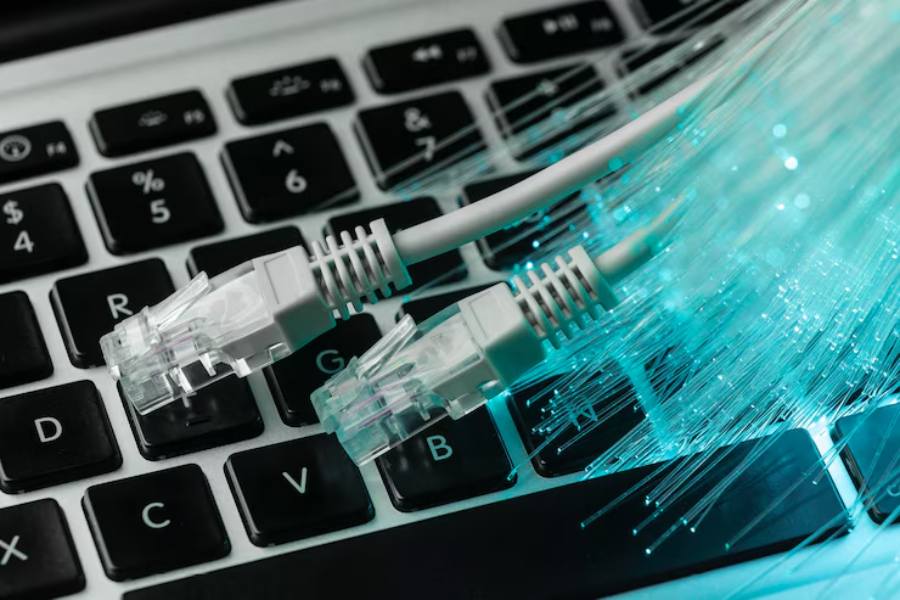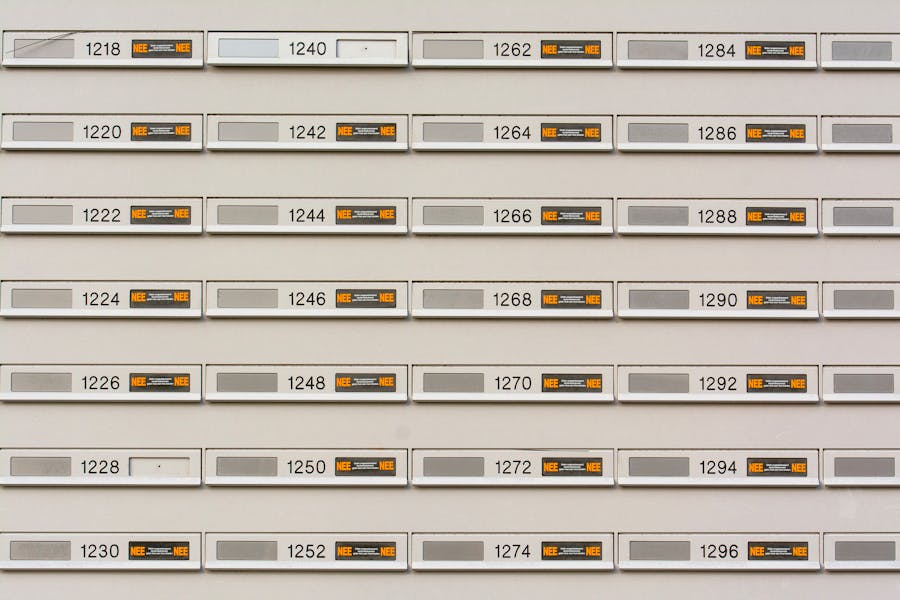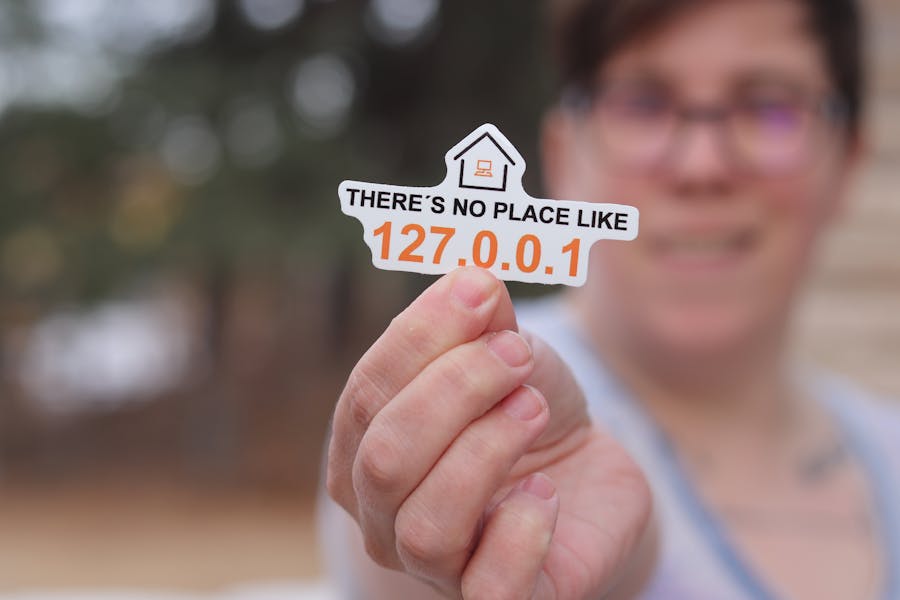
In today’s digital age, maintaining online privacy has become a critical concern for individuals and businesses alike. One of the key aspects of privacy protection is concealing the IP addresses of specific devices to prevent tracking, hacking, or unauthorized access. So, which tool’s main purpose is to hide IP addresses of specific devices? The answer lies primarily in technologies like Virtual Private Networks (VPNs), proxies, and other anonymizing services that mask your real IP address by rerouting internet traffic through different servers.
Understanding which tool best fits your needs depends on various factors such as the level of anonymity required, speed, device compatibility, and security features. Whether you want to bypass geo-restrictions, secure your browsing on public Wi-Fi, or maintain anonymity while accessing sensitive content, the right tool can make all the difference. This article dives deep into the top tools designed specifically to hide IP addresses, how they work, their benefits, and when to use each. By the end, you’ll be able to confidently answer the question: which tool’s main purpose is to hide IP addresses of specific devices? and choose the right privacy solution for your digital life.
Top Tools to Hide IP Addresses and Protect Your Online Privacy
The need to protect online privacy has made hiding IP addresses an essential part of cybersecurity. The IP address acts like a digital fingerprint, revealing a device’s location and internet activity. Therefore, knowing which tool’s main purpose is to hide IP addresses of specific devices? helps users choose effective methods to protect their identity online.
Virtual Private Networks (VPNs) are the most widely recognized tools for this purpose. They encrypt internet traffic and route it through servers in different locations, assigning a new IP address to your device. This process not only hides your actual IP address but also prevents websites, hackers, and ISPs from tracking your activities. VPNs work across multiple devices, including smartphones, tablets, and desktops, providing comprehensive privacy protection.
Proxies are another category of tools designed to mask IP addresses. Unlike VPNs, proxies usually work at the application level and may not encrypt your traffic. They serve as intermediaries, forwarding requests from your device to the internet, thus hiding your original IP. However, proxies can be less secure and may expose your data to third parties.
Another tool type involves anonymizers, which are specialized services or software that route your traffic through multiple layers or “nodes” to maximize anonymity. The Tor network is a prime example, often used by privacy advocates and journalists to bypass censorship and surveillance.
Understanding the advantages and limitations of each tool helps in selecting the best one based on your specific needs. Whether your priority is speed, security, or ease of use, there is a tool designed to hide IP addresses effectively for you.
In summary, the main tools that hide IP addresses are VPNs, proxies, and anonymizers, each offering different levels of protection, speed, and complexity. Knowing the specifics of which tool’s main purpose is to hide the IP addresses of specific devices? ensures you safeguard your privacy effectively in the digital world.
How Different Tools Effectively Hide IP Addresses on Your Devices
Many tools are available to hide IP addresses, each using different methods to protect your online identity. Understanding how these tools work helps you choose the best option for your device privacy needs.
VPNs: Secure and Device-Wide IP Masking
VPNs work by creating a secure tunnel between your device and the internet, encrypting your data, and routing it through a remote server. This process replaces your device’s original IP address with the server’s IP, effectively hiding it from websites and hackers.
Proxies: Application-Level IP Masking
Proxies act as intermediaries for your internet requests. They forward traffic from specific apps or browsers, hiding your IP only in those contexts. Proxies may lack encryption, making them less secure compared to VPNs.
Tor Network: Multi-Layered Anonymity
Tor anonymizes traffic by bouncing it through several volunteer-operated servers worldwide. This multi-hop method hides your IP effectively, but it often reduces browsing speed.
Smart DNS Services: Masking for Streaming
Smart DNS hides your IP address only to certain services like streaming platforms. It reroutes DNS requests to make it appear as though you are accessing from a different location, without encrypting traffic.
Mobile IP Masking Apps: Device-Specific Privacy
Mobile apps designed for IP masking offer tailored solutions for smartphones and tablets, often integrating VPN or proxy services to protect mobile devices specifically.
Top 6 Tools Used to Hide IP Addresses of Specific Devices
There are several effective tools available to hide the IP addresses of specific devices. Each offers unique features to enhance your online privacy and security.
- 1. Virtual Private Network (VPN)
VPNs provide the most comprehensive IP masking by encrypting all device internet traffic. Popular VPN providers include NordVPN, ExpressVPN, and CyberGhost. - 2. Proxy Servers
Proxies allow IP masking on a per-application basis, often used for web browsers or torrent clients. They are less secure and usually don’t encrypt traffic. - 3. Tor Browser
A free, open-source browser that routes traffic through the Tor network, offering strong anonymity. Ideal for sensitive browsing, but slower speeds. - 4. Smart DNS
Useful for bypassing geo-restrictions on streaming services by masking location through DNS manipulation, but without IP encryption. - 5. Mobile VPN Apps
Tailored VPN solutions for Android and iOS devices, providing seamless IP address hiding on mobile platforms. - 6. Residential IP Services
These services provide IP addresses assigned to real residential devices, offering less chance of being flagged or blocked compared to datacenter IPs.
When and Why to Use IP Address Hiding Tools for Device Privacy
In the modern digital environment, hiding your IP address is important for several reasons. First, it protects your personal privacy from invasive tracking by websites, advertisers, and even government agencies. By hiding your IP, you make it much harder for third parties to build detailed profiles of your online behavior.
Secondly, IP hiding tools are essential for bypassing geographic restrictions and censorship. Whether you want to access streaming content unavailable in your region or communicate safely in countries with strict internet controls, tools that hide your IP provide a reliable solution.
Thirdly, such tools improve security when using public Wi-Fi networks. Open networks are often vulnerable to hackers who can intercept data traffic and track IP addresses. Using a VPN or similar tool encrypts your data, protecting you from cyberattacks.
Finally, professionals working with sensitive information or in industries such as journalism and activism benefit from IP-hiding tools. They help maintain anonymity and reduce the risk of surveillance or retaliation.
Overall, understanding which tool’s main purpose is to hide IP addresses of specific devices? helps users decide when and why to implement these privacy solutions to enhance security, freedom, and anonymity online.
How to Effectively Hide IP Addresses on Your Devices
Selecting the right tool to hide IP addresses requires careful consideration of several important factors to ensure your privacy and security needs are fully met.
-
Factors to Consider
Security Level: Prioritize tools that offer strong encryption protocols and strict no-logs policies. This ensures your data remains private and isn’t stored or shared.
Device Compatibility: Make sure the tool supports all your devices, including desktops, laptops, smartphones, and tablets, for comprehensive protection.
Speed and Performance: Choose services known for reliable, high-speed connections that won’t significantly slow down your internet experience.
Ease of Use: Opt for user-friendly interfaces with easy setup processes, especially if you’re new to IP-hiding tools.
Pricing and Plans: Compare free and paid options. Paid VPNs typically provide stronger privacy, faster speeds, and better customer service.
Customer Support: Look for providers offering responsive and helpful support to quickly resolve any issues that arise.
-
Common Myths About IP Address Hiding
Myth: VPNs make you completely invisible online.
Fact: While VPNs hide your IP address, other tracking techniques can still identify you.
Myth: Proxies offer the same security as VPNs.
Fact: Proxies often lack encryption, providing limited protection compared to VPNs.
Choosing the right tool with these factors in mind will maximize your online privacy and security.
Bottom Line
To wrap up, when asking which tool’s main purpose is to hide IP addresses of specific devices, the clear answer is that Virtual Private Networks (VPNs) are the most effective and comprehensive solutions. Alongside VPNs, proxies, Tor networks, and Smart DNS services also play valuable roles in IP masking for specific scenarios. Choosing the right tool depends on your specific privacy needs, device types, and performance preferences. Ultimately, employing these tools enhances your online security, protects your identity, and gives you freedom on the internet, shielding your devices’ IP addresses from prying eyes.
FAQ’s
Are proxies effective in hiding IP addresses?
Proxies can hide IP addresses for specific applications but usually do not encrypt traffic, making them less secure than VPNs.
How does Tor help hide my IP address?
Tor routes your traffic through multiple nodes globally, masking your IP address and providing strong anonymity, but at slower speeds.
Can I hide my IP on mobile devices?
Yes, many VPN apps are designed specifically for mobile devices, offering comprehensive IP masking on smartphones and tablets.
Is hiding my IP address legal?
Generally, hiding your IP is legal and used for privacy and security, but illegal activities while using such tools remain unlawful.
Does Smart DNS hide my IP address?
Smart DNS can mask your location but does not encrypt traffic or fully hide your IP like VPNs do.






